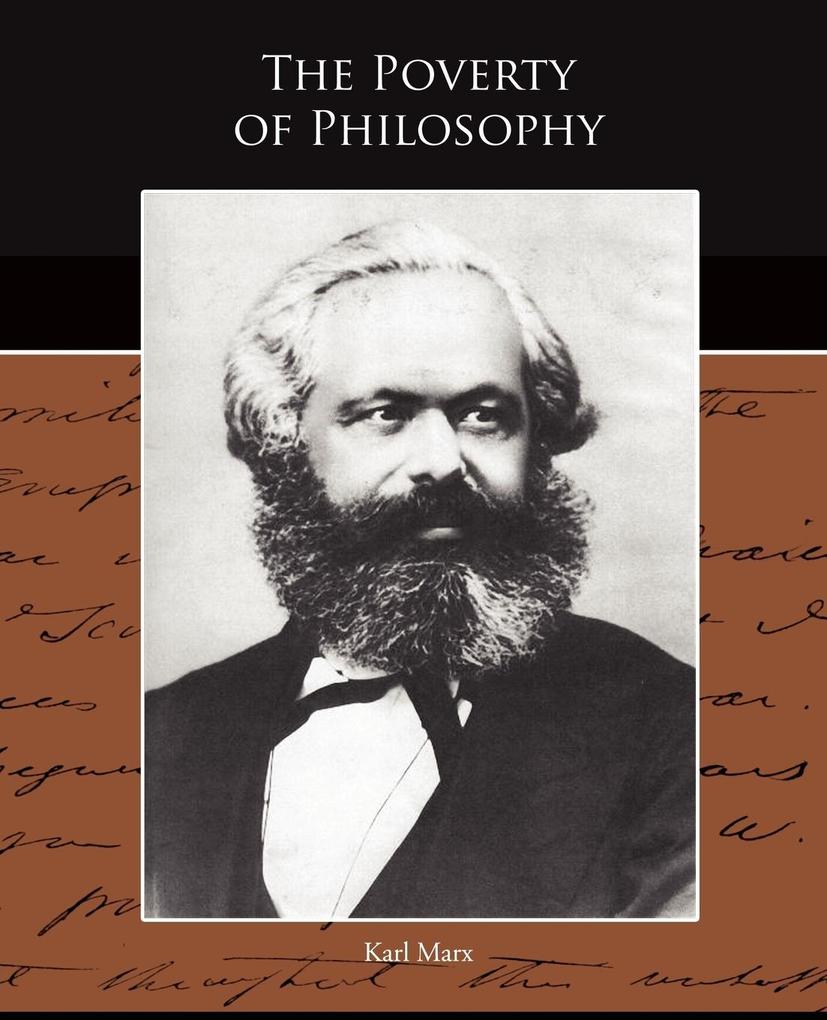Karl Marx was born on May 5, 1818, in Trier, Germany, to Heinrich Marx and Henriette Pressburg. His father, a lawyer, converted from Judaism to Lutheranism before Karl was born, partly in response to professional restrictions against Jews at the time. Marx studied law and philosophy at the universities of Bonn and Berlin, where he became deeply interested in the ideas of Hegel and later developed a strong critique of both religion and capitalism. He began his career as a journalist but was soon drawn into political activism and theoretical writing. His collaboration with Friedrich Engels resulted in some of his most influential works, including The Communist Manifesto and Das Kapital, where he outlined his theories on class struggle, historical materialism, and the critique of capitalism. Marx spent much of his adult life in exile, eventually settling in London, where he continued his research and writing. He married Jenny von Westphalen in 1843, and together they had several children, some of whom were also involved in political and intellectual movements. Marx died in London on March 14, 1883, at the age of 64. His ideas have had a lasting impact on political thought, economics, and social theory across the globe.










